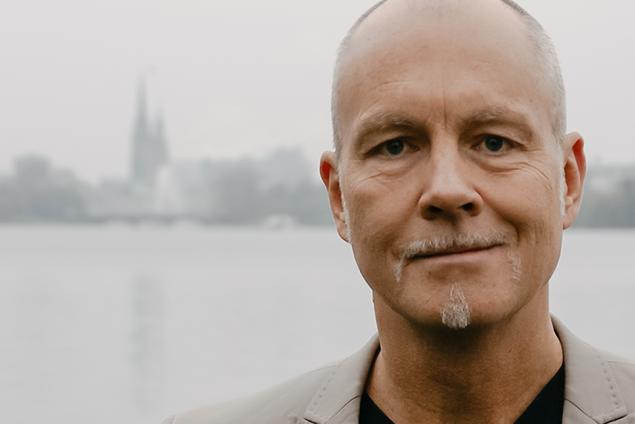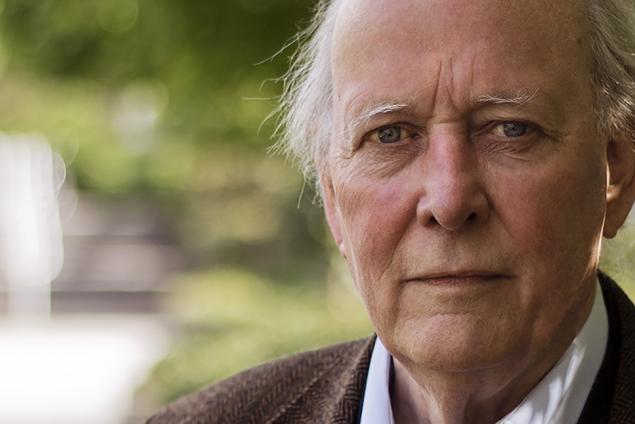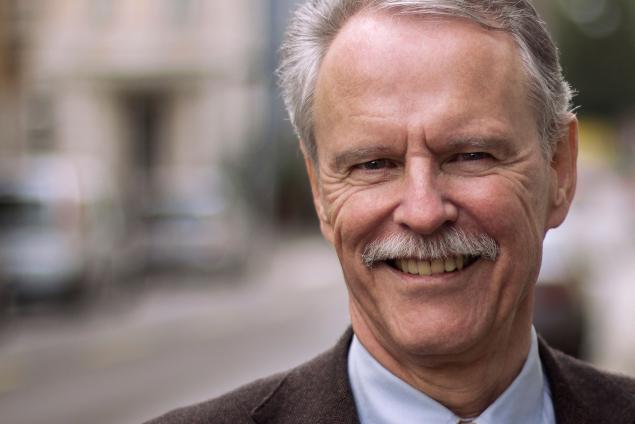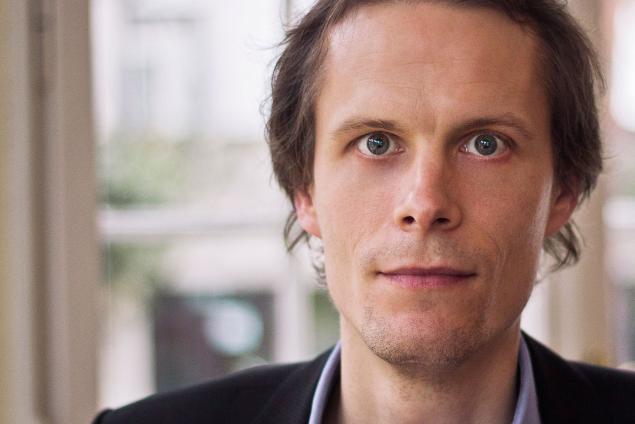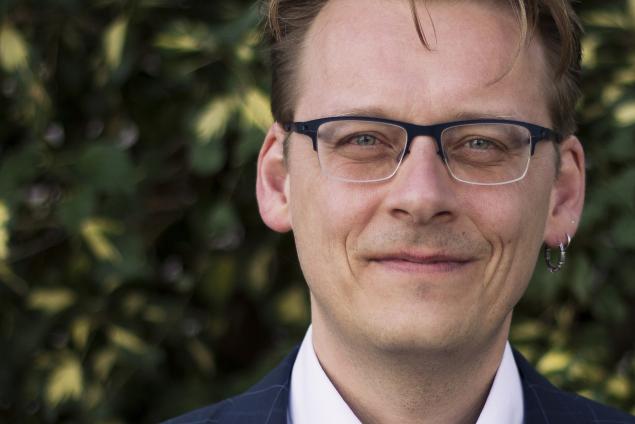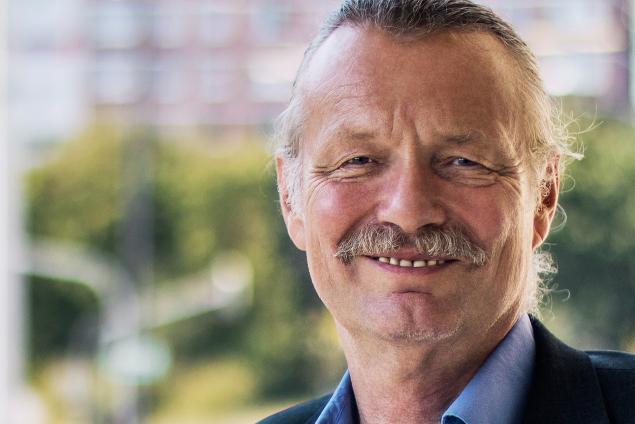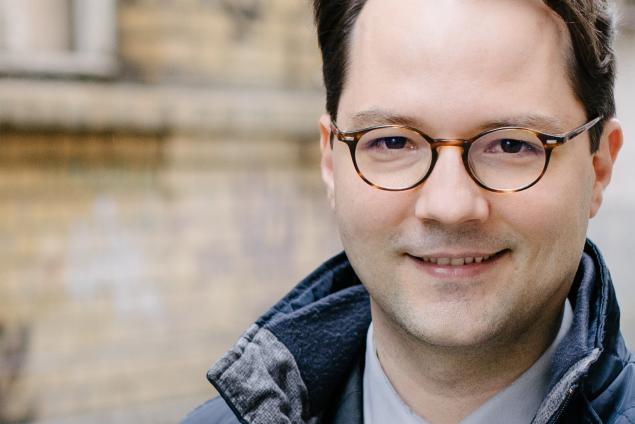Scroll to Section:
Due to the current dire economic situation in Hungary many feel nostalgic about a time in their nation’s history when jobs were more secure. Young Hungarians, despite being highly qualified, have trouble finding work in their home country as well as in Europe. This led to high votes for the nationalist parties in the elections of 2014, who promise a return to the time of the great Austro-Hungarian Empire. This phenomenon can be observed specifically in the rural areas which have felt the effects of the introduction of capitalism and the opening towards the West more strongly. In this video, CHRIS HANN explains that the discipline of Social Anthropology, and the method of participant observation, allow researchers to understand exactly how and why nostalgia is felt in contemporary Hungary. It revealed that there is a difference between nostalgia in the private space of people’s homes versus in the public domain. Publicly, Hungarians are encouraged to feel nostalgia for the times of the Austro-Hungarian Empire whereas privately many do for the more recent socialist time, when especially economically deprived parts of society felt more integrated and less ostracized.
DOI:
https://doi.org/10.21036/LTPUB10312
Institution
Max Planck Institute for Social Anthropology
The Max Planck Institute for Social Anthropology is one of the world’s leading centres for research in socio-cultural anthropology. Common to all research projects at the Max Planck Institute is the comparative analysis of social change; it is primarily in this domain that its researchers contribute to anthropological theory, though many programmes also have applied significance and political topicality. Fieldwork is an essential part of almost all projects.
Original publication
Why Post-Imperial Trumps Post-Socialist: Crying Back the National Past in Hungary
Anthropology and Nostalgia
Published in 2015
Reading recommendations
Postsocialist Populist Malaise: The Elections of 2014 and the Return to Political Monopoly in Rural Hungary
Transiciones Culturales Perspectivas Desde Europa Central Y Del Este
Published in 2016
Beyond
A Ground-breaking Scientific Revolution
An Alarming Challenge for Society
If I Had a Second Life
A Personal Reading Recommendation
